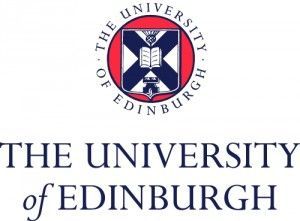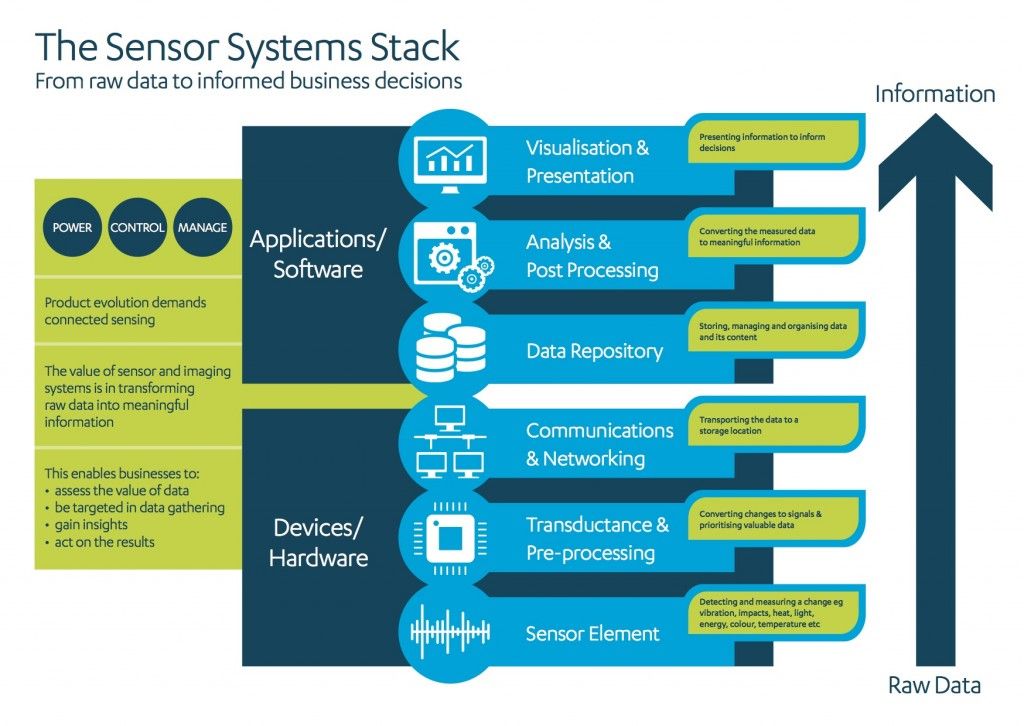Opportunities for Industry: Summer 2016
- Does your company have an SIS technical challenge addressable by short project?
- Are you looking to attract new talent in to your company or raise your profile with graduates?
- Are you interested in establishing or extending relationships with universities?
If the answer to any of these questions is yes, then your company could benefit from a three-month MSc Sensor and Imaging Systems student placement. Suitable for companies of any size, the placement could see a student conducting a company-defined R&D project during summer 2016 located with your company or a university research group.
Complete the project proposal form and submit your idea by 15 December 2015.
MSc in Sensor and Imaging Systems Project

The Master of Science (MSc) in Sensor and Imaging Systems, delivered jointly by the universities of Edinburgh and Glasgow, is typically completed full-time over 12 months. Beginning in September, students undertake a programme of taught study, problem-based learning and exams followed by an individual research project.
The project is a vital component of all MSc programmes, lasting 12-13 weeks from June-August, and worth one third of the overall credits required for the award of the degree.
Projects are designed to integrate and apply the technical skills the students have been taught in previous months, plus skills such as project and document management, oral and written communications, and business analysis.
CENSIS, along with the universities of Edinburgh and Glasgow, seeks to source a number of projects from companies to work in partnership with academic supervisors at both universities to support MSc students in the completion of their projects.
Submit a Project for Summer 2016
CENSIS welcomes project proposals for the current 2015-16 student cohort to undertake from 30 May 2016. The project timelines and general information about the process and expectations are outlined below, or download a printable document of the Q&As for ease of use. If you are interested, download the form and submit your proposal to CENSIS.
- 15 Dec 2015: Deadline for submission of industry project proposals.
- 15 Jan 2015: Students indicate their interest in projects.
- Jan/Feb 2016: Companies review CVs and interview students, and projects are allocated to students.
- Apr 2016: First contact is made between companies and students to start planning the project.
- 30 May 2016: Full time project work begins.
- July 2016: Mid point review with supervisors, including a presentation from the student.
- 26 Aug 2016: Project work ends.
- 01 Sep 2016: Student submits final dissertation.
- Early Sep : Projects are marked and report on the student’s performance is submitted. Exam Board meets and the student’s final mark is awarded.
How much does it cost?
There is no payment to the universities and payment to the student is optional (but may help with student recruitment). Payment of reasonable out-of-pocket personal expenses to the student is expected. Companies are expected to meet costs for consumables and any costs associated with supervision by company staff, desk space and the use of company resources. For placement within a University research group it would be normal for the company to meet the additional costs of company-specific projects, such as for consumables or facilities access.
What are the industry benefits?
Hosting an MSc project provides companies with an opportunity to secure a good quality candidate to work on a technical business project you have defined, allowing a company to raise its profile with the next generation of sensor systems engineers or use it as a recruitment tool to gain access to talented postgraduate students.
An MSc project is an ideal mechanism for companies of any size to start interacting universities, offering companies a chance to highlight to the HEI sector some of the research challenges industry needs to address to remain competitive.
What kind of project are you looking for?
The project should be a piece of work that the student should be able to achieve within a 12-13 week timespan, working full-time.
Ideally, projects should be ‘real life’ challenges or ideas that will help the company move towards the creation of new or improved product or service; designed to challenge a student to think in terms of taking an idea from concept to completion. Projects may be conducted within a company or within a university research group. For placements within a company, students should be supervised by an appropriate professional Scientist or Engineer with academic support from a university supervisor. Ideally projects should include multiple objectives with varying degrees of challenge.
Projects can cover a wide range of subjects covering the entire CENSIS ‘stack’. You can also get ideas for projects by looking at the MSc curriculum and what the students will cover in the taught part of the programme. If you would like to discuss a project idea informally, please contact CENSIS for an informal chat.

How does the selection process work?
The universities will aim to match the best-qualified students with projects based on the information provided by companies. The CVs for these selected students will be provided to companies who may then wish to conduct interviews via Skype or in person
The industry partner has the final say in the selection of the student.
Where will the student be based?
This is flexible. The student can spend some or all of the project time on site with the company, or be based at the university, perhaps with occasional industry visits.
How much supervision effort is expected?
 Each student has two supervisors: an academic supervisor from either Edinburgh or Glasgow university; and an industry supervisor in the sponsoring company.
Each student has two supervisors: an academic supervisor from either Edinburgh or Glasgow university; and an industry supervisor in the sponsoring company.
Students based at the company are supervised on a day-to-day basis by the industry supervisor, with the academic supervisor ensuring the academic quality of the project remain is commensurate with a Masters degree. The company should also provide a point of contact for the student when the supervisor is away, e.g., on holiday. Students are expected to be motivated and show initiative in completion of their project, but will need some support from the company in meeting the set objectives.
If the student conducts the project within a university research group, he/she will be supervised on a day-to-day basis by the academic supervisor and a named industry contact would be expected to interact with the student as required and respond to queries as the project progresses.
What is the student deliverable and how is it assessed?
At the end of the project, the student submits a dissertation of c30 pages plus appendices, worth 40% of the overall mark. The remainder is based on the student’s performance throughout the project (50%) and the mid-project presentation and review (10%).
How do I submit my idea?
If your company would like to propose an idea, please project proposal form and submit it to CENSIS by the deadline above. You will need to provide the following information that will be circulated in redacted form to students:
- A working title and short description of the proposed project (150-200 words) highlighting key objectives.
- Any background knowledge and/skills required, e.g., software packages or design tools the student should be familiar with.
- A nomination of an academic supervisor from the universities of Glasgow or Edinburgh. The programme co-ordinator can help to identify an appropriate academic
- Indicate whether you’d like the student to be based on site with the company.
- Information on restrictions on whether a student’s nationality would impact the project, e.g., a defence company may only be able to accept a UK National.
 Can I submit more than one project?
Can I submit more than one project?
Yes, companies are welcome to submit more than one project proposal.
What happens after the proposal is submitted?
Your proposal will be reviewed by Prof Andy Harvey, Department of Physics and Astronomy, University of Glasgow, and he will contact you if he has any questions.
What happens if my project is not selected by a student?
In order to offer a broad choice of projects, the universities normally offer more than are needed. It may be that your project is not be selected by a student. If this should happen, you can either withdraw the project, or carry it over to the following year.